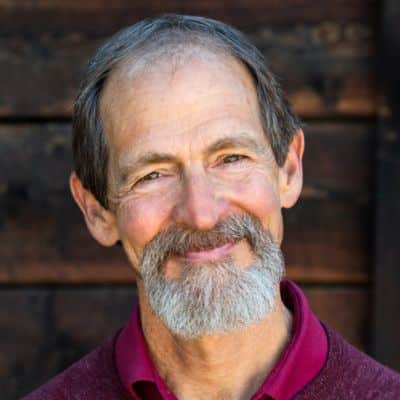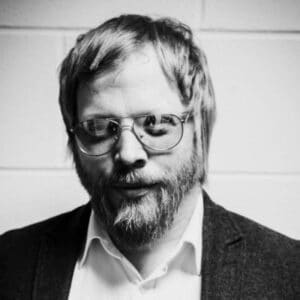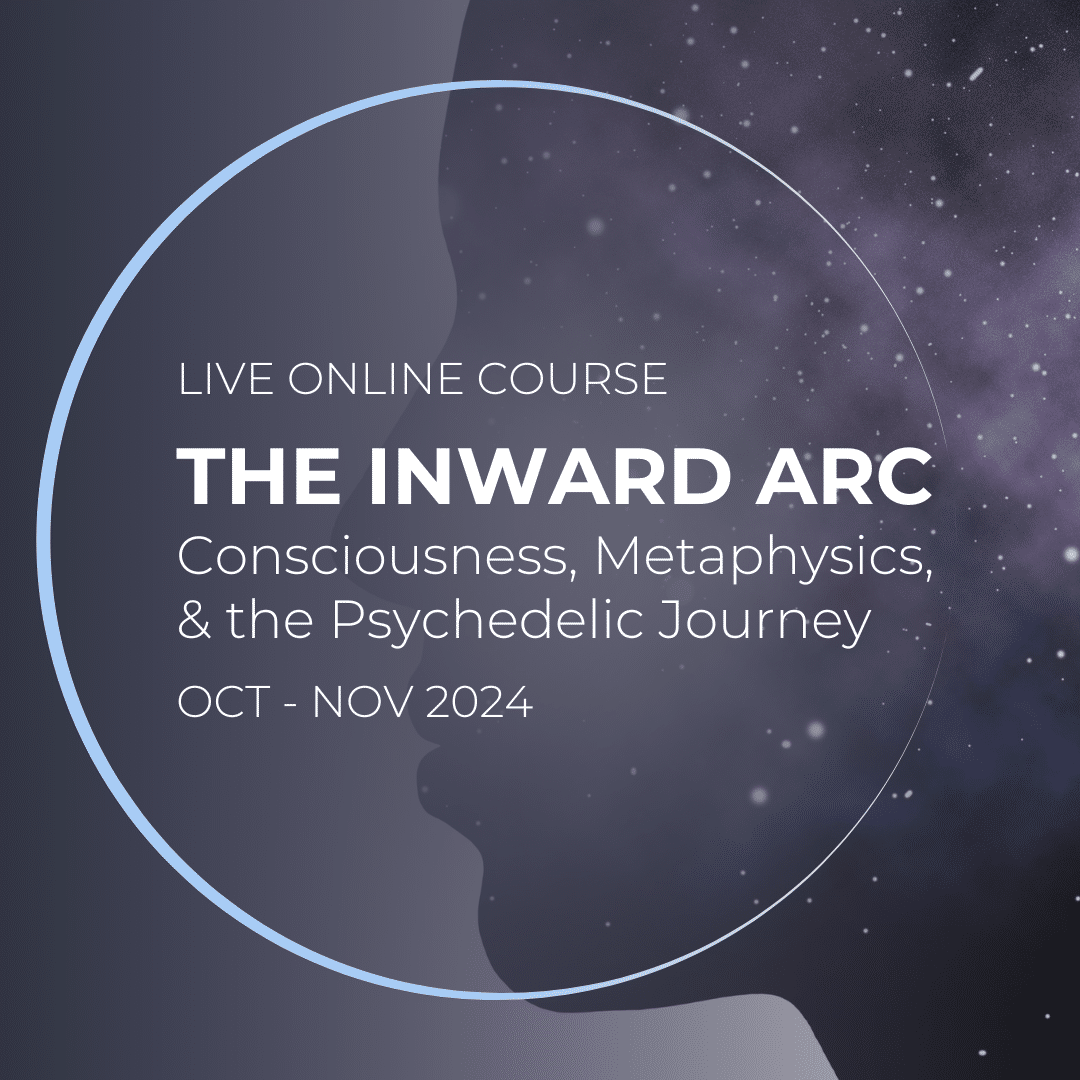Description
Course Description
Since the time of Plato, humanity has been obsessed with understanding human consciousness and the nature of our reality. However, for the last four hundred years Western culture has rocketed on an outward arc of materialistic science that has effectively delivered technological wizardry but left us with a culture devoid of meaning and deeper understanding. This process has also devalued the subjective experience of the psyche. As a result, we have been left with a psychiatry without mind and a psychology without psyche. The current psychedelic renaissance has been driven, in part, by a societal urge to recapture meaningful existence through exploration of our inner realms to combat widespread despair and hopelessness.
Philosophies of mind and metaphysics have begun to recapture the prominence they held for millennia as disciplines that can guide and add value to inner exploration. Accumulating research evidence now documents that psychedelic experiences create a shift away from materialism towards other metaphysical perspectives such as idealism and panpsychism. The majority of psychedelic studies that evaluated mystical experiences find they drive the benefit and durable change we witness in mental health disorders. We have no current language to explore the before and after of these journeys within.
Over the last 100 years, the discoveries in quantum mechanics such as quantum entanglement and indeterminacy indicate that our simple mechanistic model of reality is limited and inaccurate. So, we find ourselves at a moment in time when the physicist, the philosopher, the psychonaut, the mystic, and the mental health professional all find potent alignment. This course will explore the inward arc that has revalued human consciousness and spiritual experience. As we more deeply value the subjective qualities involved in transcendence and transformation, the knowledge held in the realms of metaphysics, quantum mechanics, psychedelic medicine, and the science of consciousness becomes profoundly valuable. These topics will be considered in depth to create a cartography of the inner self. This will support our search for sustainable mental health and the establishment of an aligned spiritual perspective.
Course Faculty
Scott Shannon, MD
 Scott has been a student of consciousness since his thesis on that topic at the University of Arizona in the 1970s. Following medical school, MDMA assisted psychotherapy became part of his practice before this medicine was scheduled in 1985. He completed a psychiatry residency at a Columbia program in New York. Scott also completed a child/adolescent psychiatry fellowship at the University of New Mexico. Scott has published four books on holistic and integrative mental health including the first textbook for this field in 2001. He founded Wholeness Center, the largest integrative mental health center in the US, in 2010.
Scott has been a student of consciousness since his thesis on that topic at the University of Arizona in the 1970s. Following medical school, MDMA assisted psychotherapy became part of his practice before this medicine was scheduled in 1985. He completed a psychiatry residency at a Columbia program in New York. Scott also completed a child/adolescent psychiatry fellowship at the University of New Mexico. Scott has published four books on holistic and integrative mental health including the first textbook for this field in 2001. He founded Wholeness Center, the largest integrative mental health center in the US, in 2010.
Scott is a past president of two national medical organizations. He served as a site Principal Investigator and therapist for the Phase III trial of MDMA assisted psychotherapy for PTSD. Scott has also published numerous articles about cannabidiol in mental health. He is currently involved with 5-MEO-DMT and LSD research. Scott co-founded the Psychedelic Research and Training Institute (PRATI) to train professionals in ketamine-assisted psychotherapy. He was selected as the initial CEO for the Board of Psychedelic Medicine and Therapies in 2021. He lectures all over the world to professional groups interested in a paradigm shifting perspective about transformative care.
Dr Peter Sjöstedt-Hughes, PhD
 Dr Peter Sjöstedt-Hughes is a Philosopher of Mind and Metaphysics who specializes in the thought of Whitehead, Spinoza, Nietzsche, and Bergson – and in fields pertaining to panpsychism, pantheism, mental causation, and altered states of consciousness. He is a lecturer at The University of Exeter and co-director of Europe’s largest psychedelics conference, Breaking Convention. Peter is on the board of breathwork charity Dreamshadow, he is on the advisory board of the Tyringham Institute, and is a member of the drugs advisory committee group, Drug Science, as well as being on the team of the established UK independent publisher, Psychedelic Press. Dr Sjöstedt-Hughes is the author of Noumenautics (2015), Modes of Sentience (2021), co-editor and contributor of Bloomsbury’s Philosophy and Psychedelics (2022), and author of Bloomsbury’s forthcoming Psychedelic Manual (2025). As well as the TEDx Talker on ‘psychedelics and consciousness’, Peter is an inspiration to the recreation of inhuman philosopher Marvel Superhero, Karnak.
Dr Peter Sjöstedt-Hughes is a Philosopher of Mind and Metaphysics who specializes in the thought of Whitehead, Spinoza, Nietzsche, and Bergson – and in fields pertaining to panpsychism, pantheism, mental causation, and altered states of consciousness. He is a lecturer at The University of Exeter and co-director of Europe’s largest psychedelics conference, Breaking Convention. Peter is on the board of breathwork charity Dreamshadow, he is on the advisory board of the Tyringham Institute, and is a member of the drugs advisory committee group, Drug Science, as well as being on the team of the established UK independent publisher, Psychedelic Press. Dr Sjöstedt-Hughes is the author of Noumenautics (2015), Modes of Sentience (2021), co-editor and contributor of Bloomsbury’s Philosophy and Psychedelics (2022), and author of Bloomsbury’s forthcoming Psychedelic Manual (2025). As well as the TEDx Talker on ‘psychedelics and consciousness’, Peter is an inspiration to the recreation of inhuman philosopher Marvel Superhero, Karnak.
COURSE DETAILS
Session 1: October 8th, 6:30 PM MT: The Inward Arc: Overview and Introduction | Teacher: Scott
This session will explore how science turned away from inner knowledge and experience to pursue only measurable data. This session will review the effect on our culture of the disconnection from the sensory world and inner experience. This disconnection will be presented as the real source of our current epidemic of despair, depression and anxiety. From here we will explore the current psychedelic renaissance and how it may represent a pivot inward to reclaim our inner realms. Next, a brief review of how psychedelic medicine often triggers a reassessment of our world view and the need to more fully examine our experience.
Session 2: October 15th, 11 AM MT: What is Consciousness and the Hard Problem | Teacher: Peter
Defining ‘consciousness’ is only possible by exploring various levels of proposals and assumptions of which there is much disagreement. However, one can gain a grasp of the issues a stake in understanding consciousness by dividing the question into three main parts: i) The contents of consciousness (such as colours, sounds, scents, emotions, concepts, reasonings, memories, dreams, psychedelic experiences, etc.); ii) the differentiations of consciousness (i.e. how mind might differ from matter, by, say, privacy, intentionality, purposiveness, aspatiality, etc.); iii) the relations of consciousness (i.e. how mind is related to ‘matter’, which is the topic of Session 4 on the metaphysics of mind). To understand how consciousness relates to matter is to ask ‘The Hard Problem of Consciousness’ – we shall look at this and how it bears on the question of understanding certain psychedelic experiences.
Session 3: October 22nd, 6:30 PM MT: Theories of Consciousness and Modern Physics | Teacher: Scott
A range of models for human consciousness now exist. This session will present a few models in more depth and then move towards a review of quantum mechanics and how this unfolding model of our reality is well-proven but very poorly understood. We will examine how topics like quantum entanglement and superposition upend our view of a materialistic world. The established science of quantum mechanics pushes us away from materialism and towards other perspectives.
Session 4. October 29th, 11 AM MT: Metaphysics of Mind | Teacher: Peter
In Session 4 we looked at proposed definitions of mind, or consciousness, and in this session we shall focus on the third aspect of that: how ‘mind’ relates to ‘matter’ -- the subject of the Metaphysics of Mind. We shall look at the varieties of materialism, or physicalism, as well as those of dualism (especially of Descartes and Bergson), idealism (e.g. Kant and Schopenhauer), neutral monism (e.g Spinoza), the transcendent (e.g. Plato). We shall see how numerous reported psychedelic-induced experiences fit into such metaphysical positions, with a further focus on pantheism and panpsychism.
Session 5. November 5th, 6:30 PM MT: Mystical Experiences, Awe and Durable Change | Teacher: Scott
In this session we will examine the concept of mystical experience in great depth. Mysticism will be contrasted with metaphysics to explore the differences. We will consider descriptions of this not uncommon human phenomena by various authors from across human history. From here we will consider how the state of awe triggers transcendence and transformation. Other relevant human experiences such as near-death experiences will also be considered. We will look at how various cultures cultivate mystical experience and support healing.
Session 6. November 12th, 11 AM MT: The Psychedelic Matrix and Clinical Work with Metaphysics | Teacher: Peter and Scott
This session will explore the psychedelic matrix as proposed by Peter in his article published in Frontiers in Psychology in 2023. Scott will then correlate this with insights experienced during psychedelic sessions and why this is a critical step in applying the wisdom of metaphysics to transcendent change. Currently, we have no language to explore and integrate these powerful experiences that appear to be the drivers of durable benefit in psychedelic medicine. How can we integrate a new model of personal reality if we don’t appreciate and comprehend these models in more depth? The Inward Arc considers the deeper implications of psychedelic experience and how we can embrace a new language and model for understanding clinical work.
Scholarship Opportunities
We are pleased to be able to offer a limited number of half and full scholarships for this online course.
If you would like to apply for a scholarship, please complete the application linked here. The deadline for submitting applications is Friday, September 13, and scholarship awardees will be notified via email by the beginning of the following week.


 Scott has been a student of consciousness since his thesis on that topic at the University of Arizona in the 1970s. Following medical school, MDMA assisted psychotherapy became part of his practice before this medicine was scheduled in 1985. He completed a psychiatry residency at a Columbia program in New York. Scott also completed a child/adolescent psychiatry fellowship at the University of New Mexico. Scott has published four books on holistic and integrative mental health including the first textbook for this field in 2001. He founded Wholeness Center, the largest integrative mental health center in the US, in 2010.
Scott has been a student of consciousness since his thesis on that topic at the University of Arizona in the 1970s. Following medical school, MDMA assisted psychotherapy became part of his practice before this medicine was scheduled in 1985. He completed a psychiatry residency at a Columbia program in New York. Scott also completed a child/adolescent psychiatry fellowship at the University of New Mexico. Scott has published four books on holistic and integrative mental health including the first textbook for this field in 2001. He founded Wholeness Center, the largest integrative mental health center in the US, in 2010. Dr Peter Sjöstedt-Hughes is a Philosopher of Mind and Metaphysics who specializes in the thought of Whitehead, Spinoza, Nietzsche, and Bergson – and in fields pertaining to panpsychism, pantheism, mental causation, and altered states of consciousness. He is a lecturer at The University of Exeter and co-director of Europe’s largest psychedelics conference, Breaking Convention. Peter is on the board of breathwork charity Dreamshadow, he is on the advisory board of the Tyringham Institute, and is a member of the drugs advisory committee group, Drug Science, as well as being on the team of the established UK independent publisher, Psychedelic Press. Dr Sjöstedt-Hughes is the author of Noumenautics (2015), Modes of Sentience (2021), co-editor and contributor of Bloomsbury’s Philosophy and Psychedelics (2022), and author of Bloomsbury’s forthcoming Psychedelic Manual (2025). As well as the TEDx Talker on ‘psychedelics and consciousness’, Peter is an inspiration to the recreation of inhuman philosopher Marvel Superhero,
Dr Peter Sjöstedt-Hughes is a Philosopher of Mind and Metaphysics who specializes in the thought of Whitehead, Spinoza, Nietzsche, and Bergson – and in fields pertaining to panpsychism, pantheism, mental causation, and altered states of consciousness. He is a lecturer at The University of Exeter and co-director of Europe’s largest psychedelics conference, Breaking Convention. Peter is on the board of breathwork charity Dreamshadow, he is on the advisory board of the Tyringham Institute, and is a member of the drugs advisory committee group, Drug Science, as well as being on the team of the established UK independent publisher, Psychedelic Press. Dr Sjöstedt-Hughes is the author of Noumenautics (2015), Modes of Sentience (2021), co-editor and contributor of Bloomsbury’s Philosophy and Psychedelics (2022), and author of Bloomsbury’s forthcoming Psychedelic Manual (2025). As well as the TEDx Talker on ‘psychedelics and consciousness’, Peter is an inspiration to the recreation of inhuman philosopher Marvel Superhero,